* * * Deadline extended to February 20, 2024 * * *
Please note that the maximum number of pages per submitted paper is six (6), including all illustrations and references. If your paper is accepted, you have the option to add up to two (2) additional pages in the final version to incorporate reviewers’ suggestions. (Be aware that additional pages will incur an extra charge.)

The 32nd Mediterranean Conference on Control and Automation, MED 2024, returns to the beautiful and historical island of Crete, in the heart of the Mediterranean Sea. The venue is the “Great Arsenal” and “Mikis Theodorakis” Theater Hall of KAM Center of Mediterranean Architecture, two iconic buildings from the 15th century, in the old harbor of Chania, less than a 30 minute-drive from “Ioannis Daskalogiannis” Chania International Airport.
The theme of MED 2024 centers on the control and automation challenges and opportunities in the 21st century, focusing on system design for autonomy and resilience in high-confidence cyber-physical systems.
MED 2024 extends across four full days, and it is organized under the auspices of the Technical University of Crete. On June 11, the focus will be on Tutorials and Workshops, while the subsequent three days, June 12-14, will comprise the technical conference. Aligning with the current trend of merging control and systems theory with hardware/software and communication technologies, the conference will explore advancements in robotics and unmanned systems, autonomous systems, mechatronics, cyber-physical systems, and network-controlled systems. These topics of interest aim to foster collaboration between control and automation scientists and industry professionals.
TOPICS OF INTEREST
| Adaptive Control | Energy Efficient Systems | Neural Networks |
| Aerospace Control | Event-Based Systems | Non-linear Systems |
| Agents/Agent-based Systems | Fault-tolerant Control | Optimization |
| Autonomous Systems | Formation Control | Petri Nets |
| Autonomy | Fuzzy Logic and Fuzzy Control | Power Systems |
| Biologically Inspired Systems | Genetic and Evolutionary Computation | Predictive control |
| Computational Intelligence | Hybrid Systems | Process control |
| Computer-Aided Control System Design | Image Processing | Real-time Control |
| Computer Controlled Systems | Industrial Automation, Manufacturing | Robotics |
| Communication Systems | Integrated Control and Diagnostics | Robotic Teams and Swarms |
| Cooperative Systems Control | Intelligent Control | Robust Control |
| Cyber-Physical Systems | Intelligent Transportation Systems | Smart Grid |
| Decentralized Control | Learning Control | Soft Computing |
| Digital Control Systems | Linear Systems | Spectral Estimation |
| Discrete Event Dynamic Systems | Marine Control | System Identification |
| Distributed Parameter Systems | Mechatronic Systems | Uncertain Systems |
| Disturbance Rejection | Modeling and Simulation | Unmanned Systems |
| Education and Training | Management Information Systems | Verification and Validation |
| Embedded Control Systems | Network Controlled Systems | Virtual and Augmented Reality |
SUBMISSIONS
Papers: The paper format must follow IEEE paper submission rules, two-column format using 10-point font, Times New Roman or similar. The maximum number of pages per submitted paper is six (6), including all illustrations and references. Up to two (2) additional pages will be permitted for accepted papers at the final submission phase, for an additional charge. The option to add extra pages (after review) serves to enable authors to include the feedback and suggestions provided by reviewers.
Invited Sessions: Proposals for invited sessions should contain a summary statement describing the motivation and relevance of the proposed session, the invited paper titles and the names of the authors. Authors must submit FULL invited papers. Each paper must be marked as “Invited Session Paper”.
Workshops and Tutorials: Proposals for workshops and tutorials should contain the title, list of speakers, and extended summaries (2000 words) of their presentations.
All contributions (papers, invited papers, proposals for invited sessions, workshops, and tutorials) must be submitted electronically through PaperCept by the submission deadline (February 1, February 20, 2024).
Review: All submitted papers will undergo a peer review process coordinated by the Program Chairs, Advisory Committee Members, IPC members and qualified reviewers. Authors will be notified of results at the latest by April 10, 2024. Accepted papers must be uploaded electronically no later than May 6, 2024.
IMPORTANT DATES
extended to February 20, 2024 (18:00 EET) | Contributed Papers / Invited Papers / Invited Session Proposals / Tutorial and Workshop Proposals, Due |
| April 10, 2024 | Acceptance / rejection notification |
| May 6, 2024 | Upload final, camera-ready papers |
| April 10 – May 6, 2024 | Early registration |
| June 11 – 14, 2024 | Conference days |
